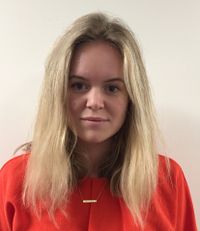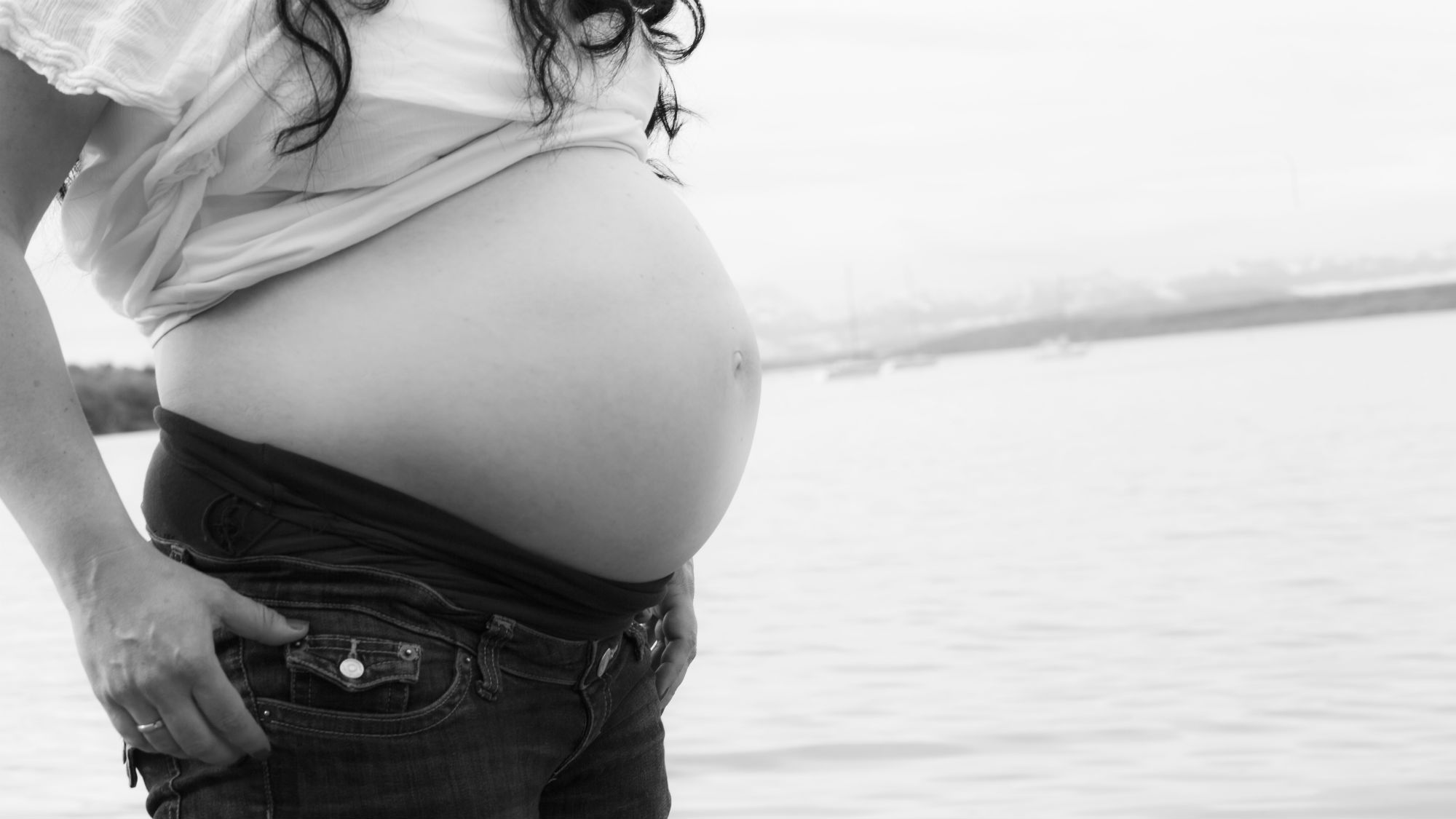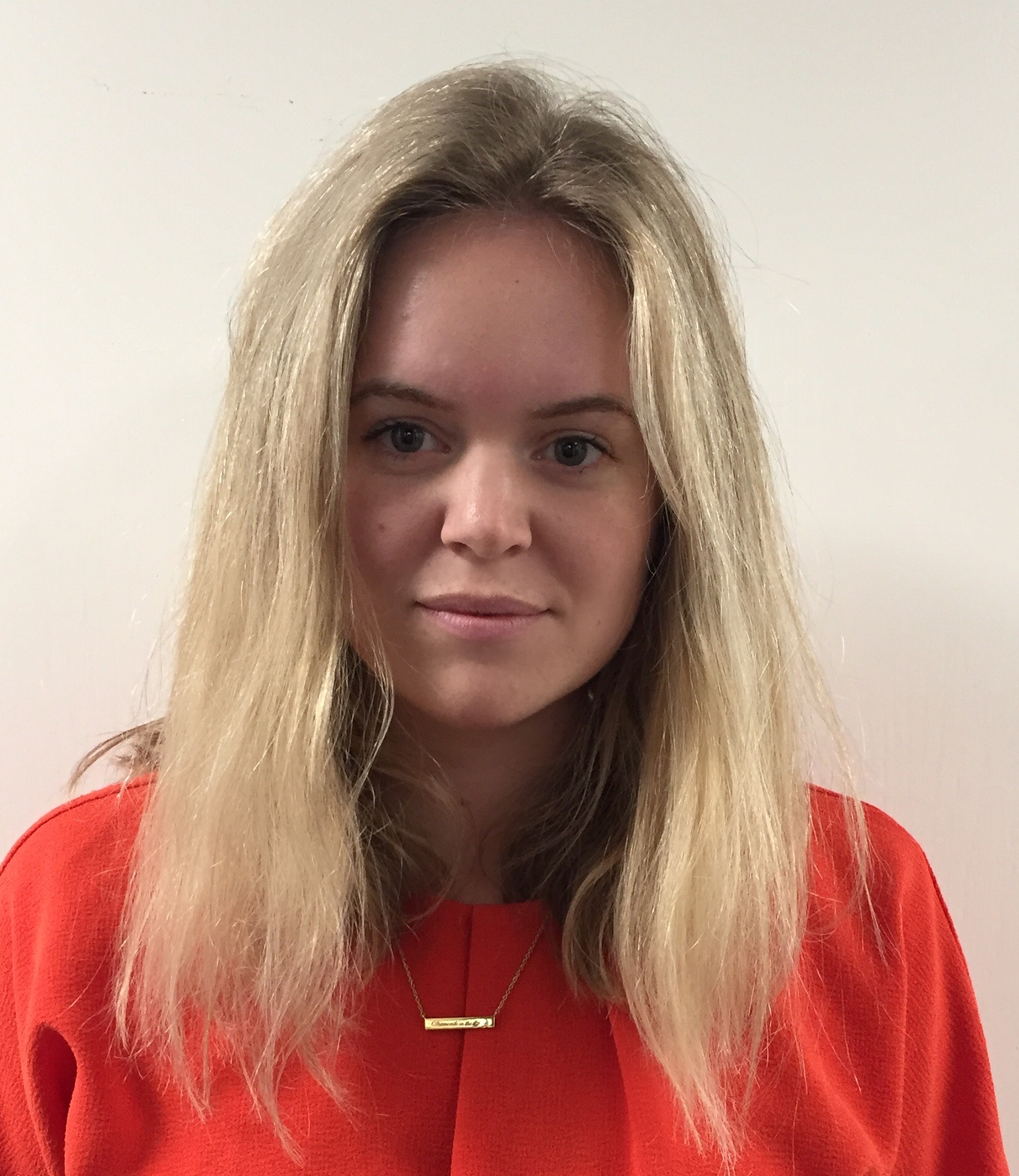How accurate are fertility calculators? Here's everything you need to know
Trying for a baby and thinking of using a fertility calculator? Here's what you need to know


Trying for a baby and thinking of using a fertility calculator? Here's what you need to know
A fertility calculator promises to increase your likelihood of getting pregnant. But do they actually work? Here's what you need to know, plus what fertility experts think.
What is a fertility calculator?
A fertility calculator helps you determine your most fertile days in the month by estimating when you will ovulate, based on the dates of your period. Fertility calculators are most commonly used by women trying to get pregnant, using the app's calculated 'fertile window' to determine when to have sex. This so-called fertile window - when ovulation is most likely to happen - generally takes place 14 days after the final date of your last period.
However, some women also use fertility calculators as a method of natural family planning, working out the days when they're most fertile to avoid having sex. Others simply use fertility calculators to monitor the regularity of their periods - and tell them when their next one is due so they don't get caught out.
What are the best fertility calculators?
There are dozens of recommended fertility calculators available on the market. A popular fertility app is CLUE, which feeds your data into an algorithm that predicts your cycle - the more information you give it the more intuitive the algorithm becomes. Another similar app is Period Diary, which also uses the date of your period to map out the days of the month when you're most fertile.
There are also more sophisticated fertility calculator apps on the market, including Kindara, which comes with an optional thermometer called Wink that measures your resting body temperature (or basal body temperature) and syncs to the app to measure the natural rise that often occurs when a woman is ovulating. Duo Fertility Mobile comes as a 'body sensor' and app which tracks your ovulation cycle. The information is then fed through to a team of experts on call to help you work out a tailored plan. The Ava bracelet is a fertility tracker worn at night which records and syncs information about your body, including skin temperature, sleep and resting pulse rate - new studies suggest a rise in resting pulse rate of an average two beats a minute signals the beginning of the fertile window.
Videos you may like:
Video you may like:
Do fertility calculators work?
Tim Child, Medical Director at Oxford Fertility is sceptical. 'Studies suggest that the best way to maximise the chance of natural conception is to have regular intercourse through the cycle' he says. 'By "regular", this means at least twice per week, since sperm can live for a couple of days in the fallopian tubes, as does the egg after ovulation, so have time to meet and fertilise. It’s not been shown that trying to time intercourse with the use of fertility calculators or ovulation predictors improve the chance of conception over having regular intercourse.'
Celebrity news, beauty, fashion advice, and fascinating features, delivered straight to your inbox!
Janine Elson, Consultant gynaecologist and Group Medical Director of Care Fertility says concentrating sex around a so-called 'fertile window' can even be detrimental in helping you get pregnant. 'We wouldn’t advise fertility calculators as a way to conceive. The best way to get pregnant is regular sex every 2-3 days from the end of your period to the beginning of the next one. If you ‘save up’ sperm for certain days of the month, or have too much sex around a certain period, the sperm quality will be lower.'
However, a fertility calculator can still be useful in helping to build an overall picture of your cycle. PR Lottie Daley credits the use of fertility calculator app Clue in helping her get pregnant with her second child, Lily. 'When I was trying to conceive I was having erratic periods due to breastfeeding' she says, 'using a fertility calculator app in conjunction with a fertility practitioner helped me to give her accurate information such as when I had my period, what kind of flow I had, what kind of cervical mucous I had, when I managed to get jiggy with my partner. I could also make notes on my feelings, cravings, state of my face, moods and level of energy, and it helped me to remember the things that were important for my practitioner to know to get the full picture.'
What's the best way to increase your chances of getting pregnant if you're not using a fertility calculator?
Tim Childs says: 'Optimise lifestyle factors by achieving a normal BMI (body mass index), stopping smoking (infertility and miscarriage rates are higher in women who have a raised BMI or who smoke) and being sensible with the intake of alcohol and caffeine. Take folic acid from when starting to try and conceive in order to reduce the risk of a baby being affected by spina bifida, and have regular intercourse at least a couple of times per week through the menstrual cycle. If conception hasn’t happened after 6 months and you have a history of irregular, absent or very painful menstrual cycles, or pelvic infections or surgery, or you’re over 35 years of age, or your partner has a history of testicular problems, then get checked over by the GP with a blood test for ovulation and a sperm test. If all is normal then it’s fine to continue trying. For all couples, after 12 months of failure to conceive, referral by the GP to a fertility clinic is appropriate.'
